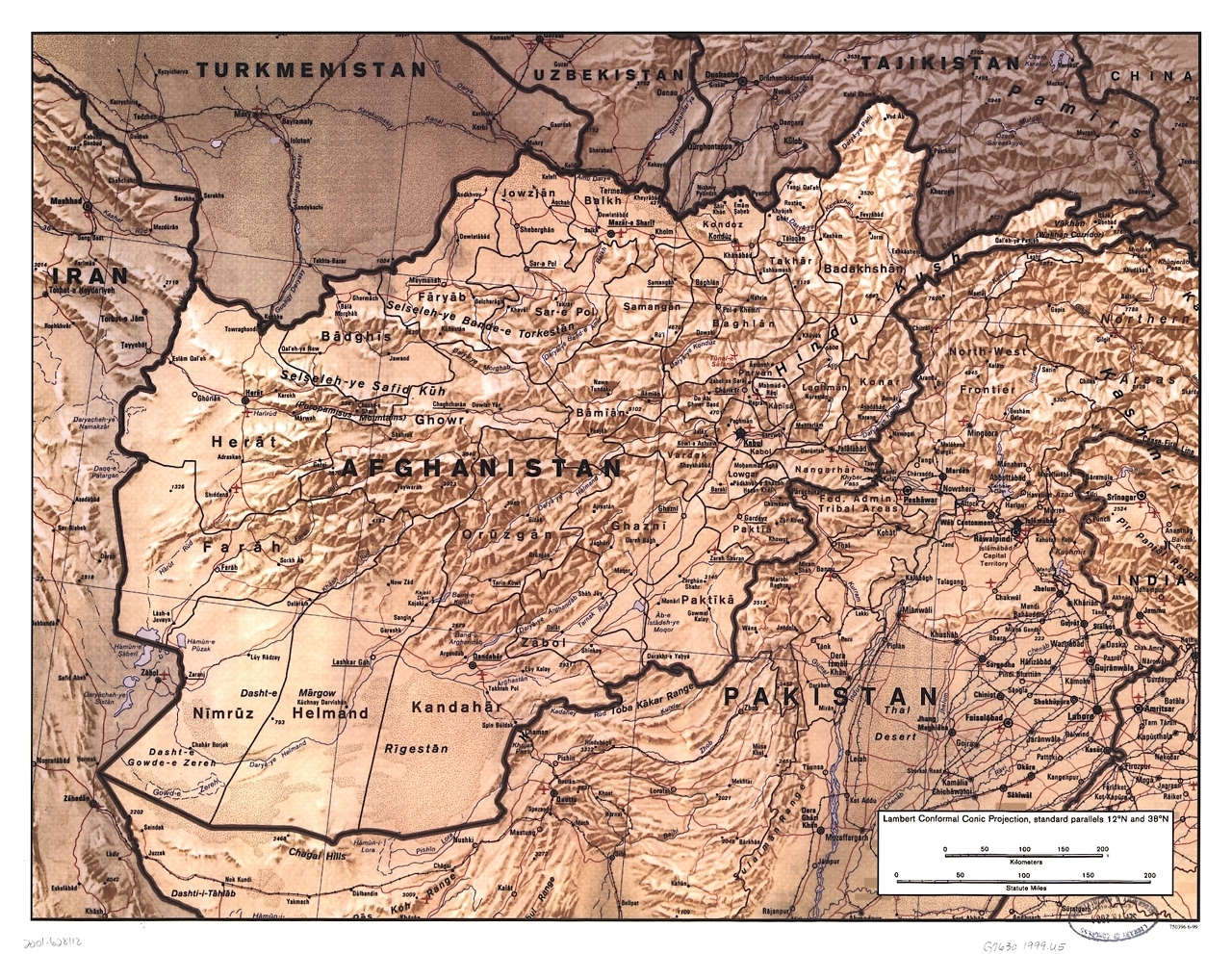The Real Thing
With his long curly hair, deep-set eyes, weathered face, and his entirely honest and unaffected gaze, William Gay struck me as one of the most formidable people I’d ever met
I first heard of William Gay during a phone conversation with Tom Franklin. “Have you heard of this guy?” Tom said. “He’s really good.” I had not. I got a copy of The Long Home as soon as I could, read it, and said to myself: Damn right, this man is the real thing.
The next year, during one of Sonny Brewer’s Southern Writers Reading gatherings in Fairhope, Alabama, someone told me William admired a story of mine in The Oxford American. Having been pretty much blown away by The Long Home, I was gratified and even humbled that this man had said he admired something I’d written. Someone with me pointed out William standing on the sidewalk near the entrance. I introduced myself and told him how much I admired his novel. William, his expression never changing, said in his beautifully uncorrupted Tennessee accent that he’d read my story.
“It’s a good story,” he said.
And that was it. He just looked at me without saying anything else, and I felt I was being sized up, that he was figuring on whether I was real or a phony. I didn’t know what to say.
As we were walking off, the friend with me said, “That was William Gay? He looks like an ax murderer.”
I didn’t think he looked like an ax murderer, although he certainly didn’t look like your average citizen on the street. With his curly long black hair, his intense and deep-set eyes, noble nose, weathered but not hard face, and his entirely honest and unaffected gaze, he struck me as one of the most formidable people I’d ever met. The man was always who he was, uninterested in altering himself to fit a moment or a scene. Even if being around gatherings made him a little uncomfortable, it had nothing to do with fear.
That night at the reading, William read the hilarious hog-pen scene from The Long Home. I couldn’t get over how well he read in his regular speaking voice, just loud enough to hear. He was one of the best readers I’ve ever seen and heard, up there in the ranks with the great Barry Hannah (who was number one, hands-down), and he seemed to do it effortlessly.
I saw quite a bit of William in Fairhope during the next two or three years, as Sonny was active in those days bringing people down for Southern Writers Reading gatherings. William generally walked quietly around, sipping a Budweiser. At some point he said, “I don’t usually do this, drink beer all day. I really don’t. When I’m home by myself and working, I don’t drink much at all. But these things make me kind of uncomfortable.” I believed him. I think I drank more at those things than William did.
The only time William and I spent some intimate and concentrated time together was after one of these events. He needed a ride back up to Hohenwald, and I was living temporarily in Birmingham those days, so I volunteered. Hohenwald is quite a bit farther north than Birmingham, but I wanted the time with William.
The drive must have taken six or seven hours. We talked some about music—I didn’t know that Will Oldham, known for his band Bonnie Prince Billy, was the same guy who’d played the young narrator of one of my favorite movies, Matewan, but William did. We talked about women. Both of us were seeing younger women and worried about the state of the affairs. At one point William said, “Sometimes I wish she’d just get it over with and dump me. I know it’s inevitable. It’s knowing that but not knowing when that kills me sometimes.”
That sounded, to me, like a William Gay story: straightforward, unsentimental honesty about love and heartbreak.
We talked about writers, and of course Cormac McCarthy came up. I said I wasn’t that keen on McCarthy’s first novel, The Orchard Keeper, because it seemed to me he hadn’t quite fully processed his Faulkner yet, hadn’t taken the influence and made a voice entirely his own. I said, “Some of my writer friends hear that and say they’re disappointed in me.” William gave me that steady look again, held it for a moment, and then said, “I am, too.”
We reached the trailer William was living in, near Hohenwald, with his two sons, well after dark. Inside, conditions were what you’d expect of three single men, very much men, living together in tight quarters. When I later heard that William had managed to purchase a cabin, the one he lived in till he died, I was happy to hear it. I don’t think he minded the trailer, but I’m glad he got to live in such a peaceful and cozy place in his last years. I never visited the cabin, but I’ve seen the interviews and photos of him there. I think it must have been a kind of paradise for William.
Brad Watson is the author of Last Days of the Dog-Men: Stories, The Heaven of Mercury, and Aliens In the Prime of Their Lives. He teaches creative writing at the University of Wyoming, Laramie.


